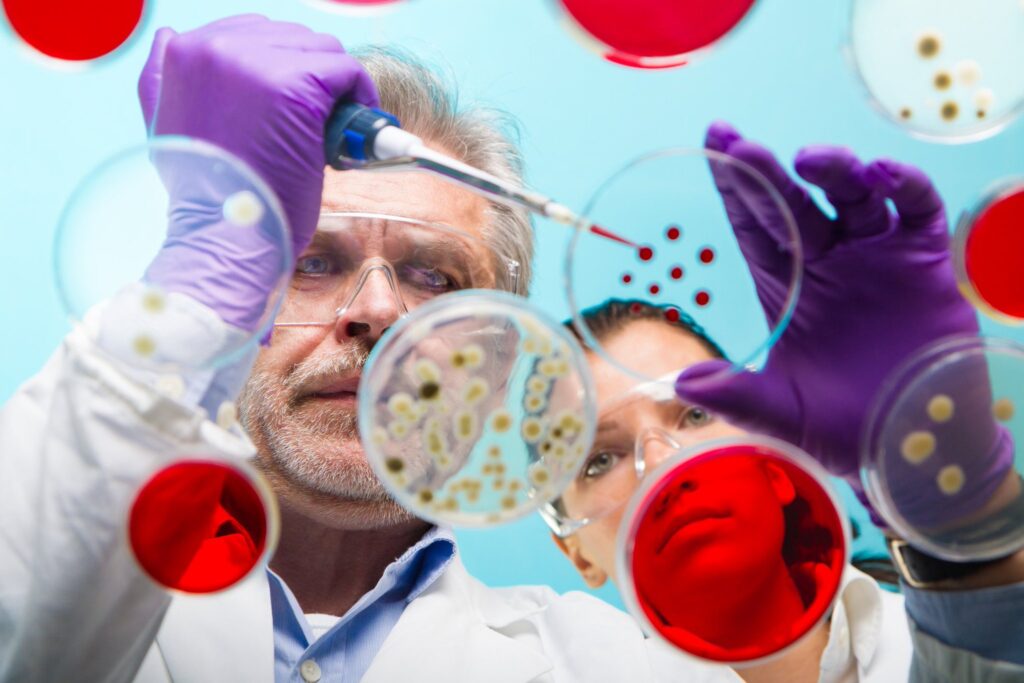How do Ideas Become Medicines?
Developing innovative new medicines is a long and complex process.
Learn how global collaboration helps bring new drugs to patients.
The drug development process — involving discovery, pre-clinical research, clinical trials and regulatory approval — requires a global, collaborative effort. This work involves pharmaceutical company (sponsor) staff, clinical research and technology organizations (ACRO members), government regulators, physicians and healthcare providers, academic researchers, patients and more. Learn more about what goes into turning an idea into a new medicine.
DISCOVERY: A NEW IDEA
Researchers around the world study diseases to find out what causes illness, and new treatments that might improve and save lives. In a long process of elimination, scientists make discoveries—natural products that already exist, or new compounds made in a lab—that they think will make a difference to people with a disease. This discovery process can take years. Once a new candidate looks promising, it must pass pre-clinical testing to make sure it’s safe to try in people.
SAFETY IS JOB #1
A pharmaceutical company must seek permission from government regulators like the FDA or EMA to test the new candidate medicine in humans. The drug then begins the three phases of clinical trials. Patient safety is always the top priority and many candidates will not make it through this process.
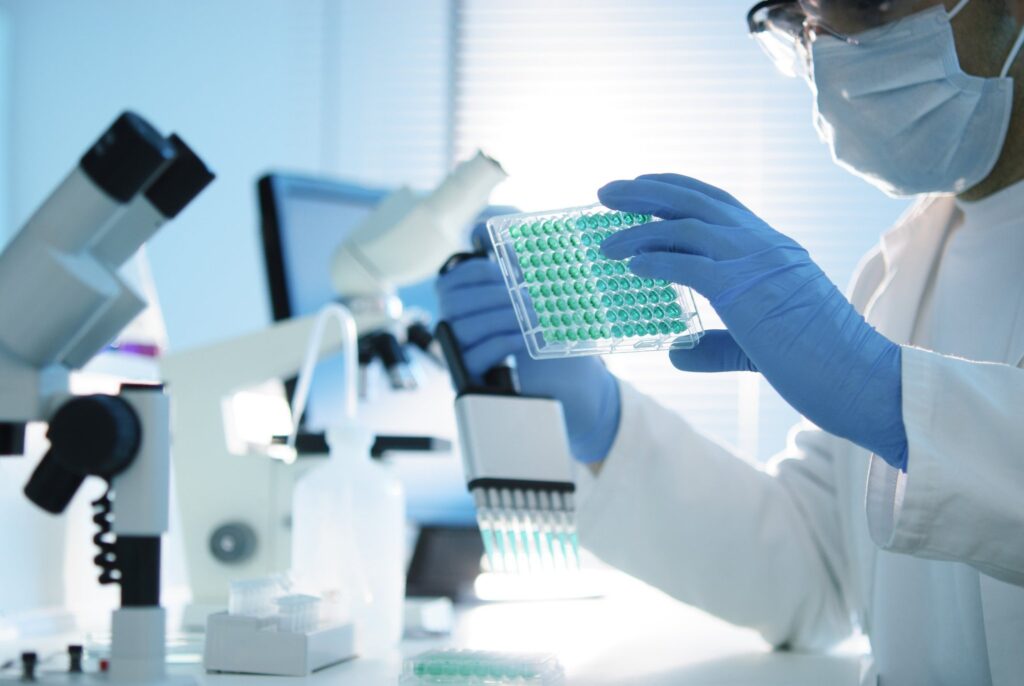
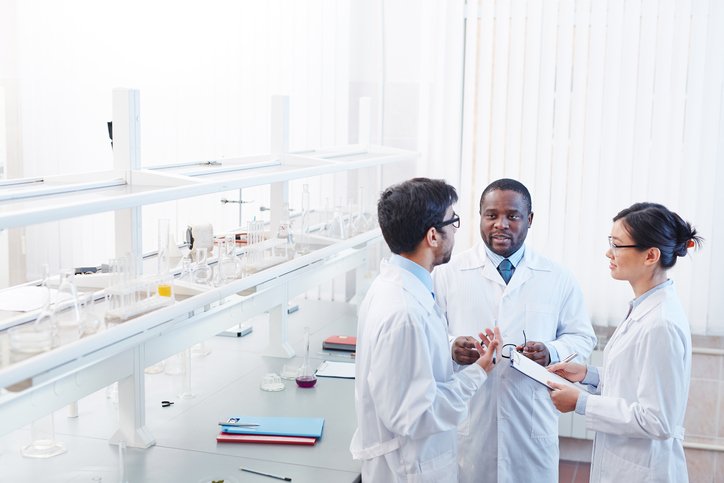
PARTNERSHIPS ARE KEY
Drug development requires more than just a pharmaceutical company. Clinical research and technology organizations are specialized experts in providing clinical trial, laboratory, data and other support services for the pharmaceutical industry. These companies make trials faster and less expensive, helping patients get faster access to new medicines.
A pharmaceutical company will often contract with expert research and technology partners to set up and run clinical trials. These partners work with doctors and nurses to recruit patients for clinical trials, collect and analyze patient data and look for unwanted side effects.
THE PHASES OF CLINICAL RESEARCH
- Phase I trials – initial human studies – are the first step. They are usually small trials, sometimes just 10–30 healthy people, and focus on safety and understanding how the drug moves through the body.
- Phase II trials are larger. These studies look at how well the medicine works in people with the disease or condition of interest, understanding what dose may be needed and what side effects may occur.
- Phase III trials are much larger, focusing on safety and effectiveness – sometimes compared to existing treatments – in a wide range of people at a variety of locations.
Clinical research and technology companies and their pharmaceutical company partners are constantly evaluating safety and effectiveness, and adapting clinical trials to new information to streamline development. When clinical trials are completed, regulators review all the data that has been collected. Only drugs that have proven to be safe and effective may be approved.
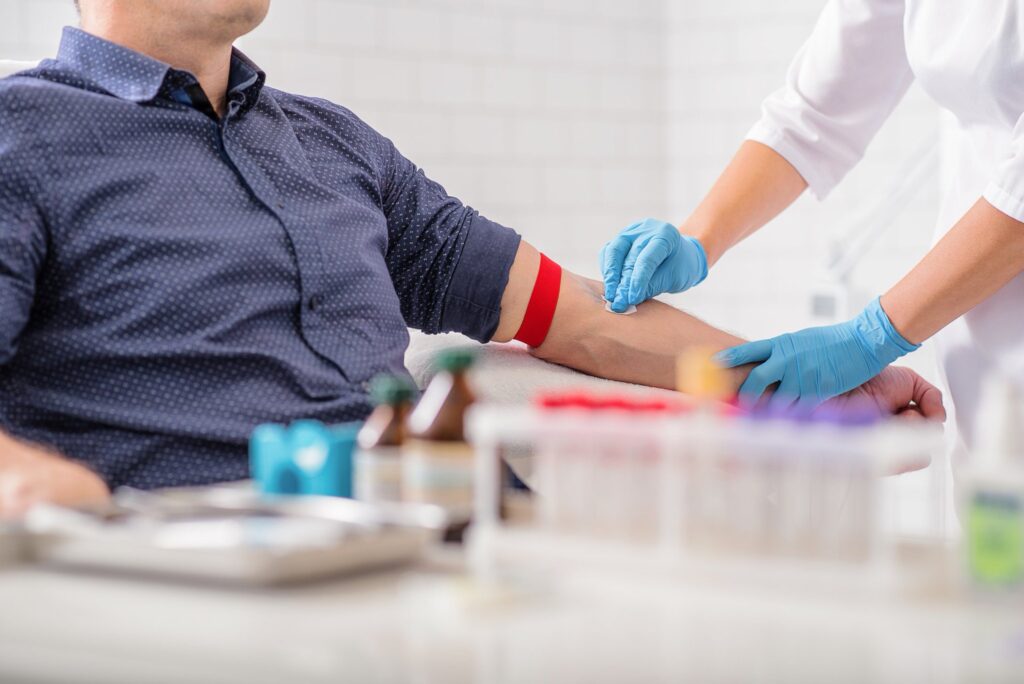
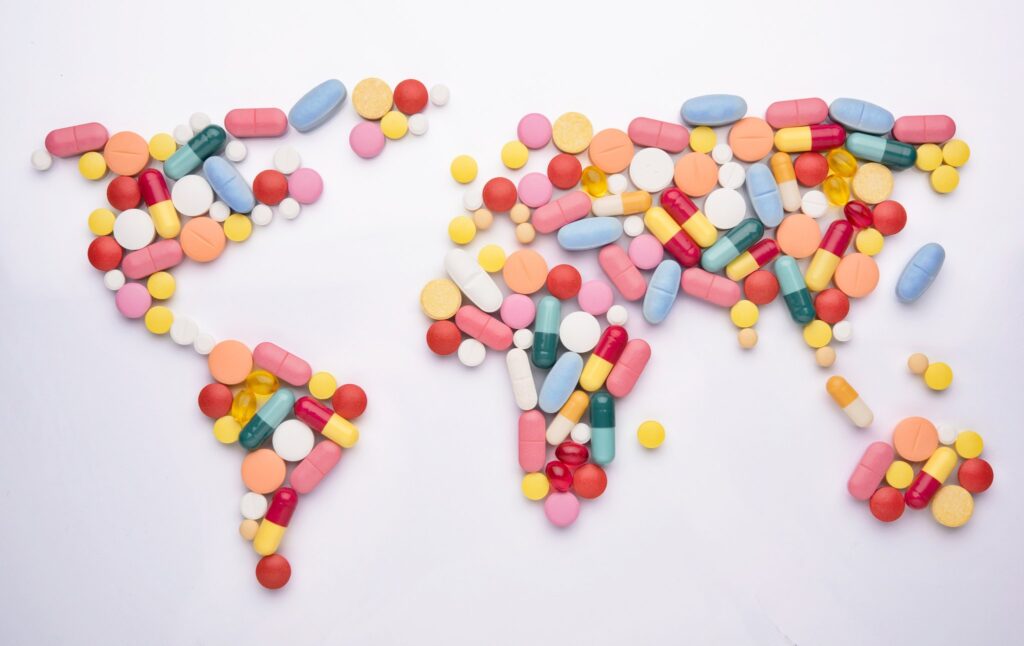
LAUNCHING A NEW MEDICINE
Once approved by government regulators, the pharmaceutical company will manufacture and distribute the medicine so it can be used to treat and cure diseases. Even after a new drug reaches the market, experts continue to monitor its safety and effectiveness.
- Phase IV trials address the safety and efficacy of uses beyond the drug’s original application, test different dosage strengths and confirm other benefits, such as cost-effectiveness or improved quality of life.
HELPING PEOPLE LIVE LONGER, HEALTHIER LIVES
The clinical trial process can take 3–6 years or more. It may involve thousands of people around the world, cost more than a billion dollars, and have stops, starts and failures. Clinical research and technology companies help new treatments get to patients sooner and more efficiently.
Drug development may result in patients just taking one pill a day. But bringing a new medicine to patients is anything but simple.
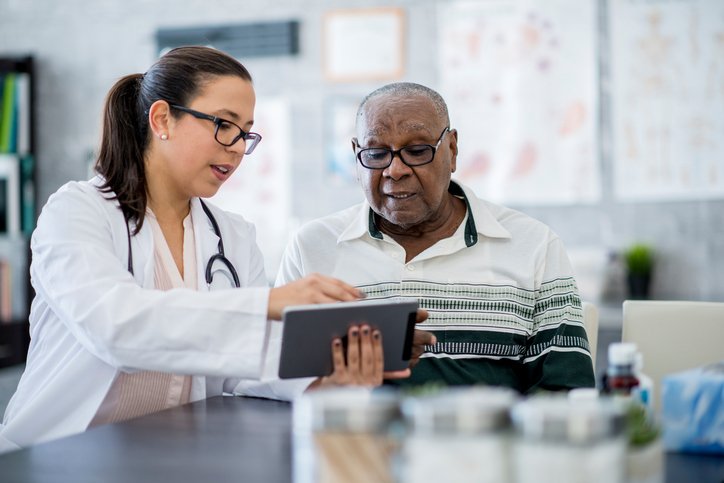

CLINICAL RESEARCH AND TECHNOLOGY COMPANIES ARE CRITICAL TO DRUG DEVELOPMENT
ACRO members contribute to all aspects of drug development, with an emphasis on Phase I-IV clinical trials, laboratory and data services. Our members help make drug development faster, more efficient and less expensive.
Please note: ACRO does not conduct clinical trials and cannot provide advice about what studies may be available.
Learn how ideas become new medicines!
Learn more about the steps in the drug development process and why clinical research and technology organizations are critical to medical innovation. Download ‘How Ideas Become Medicines’ and share!

